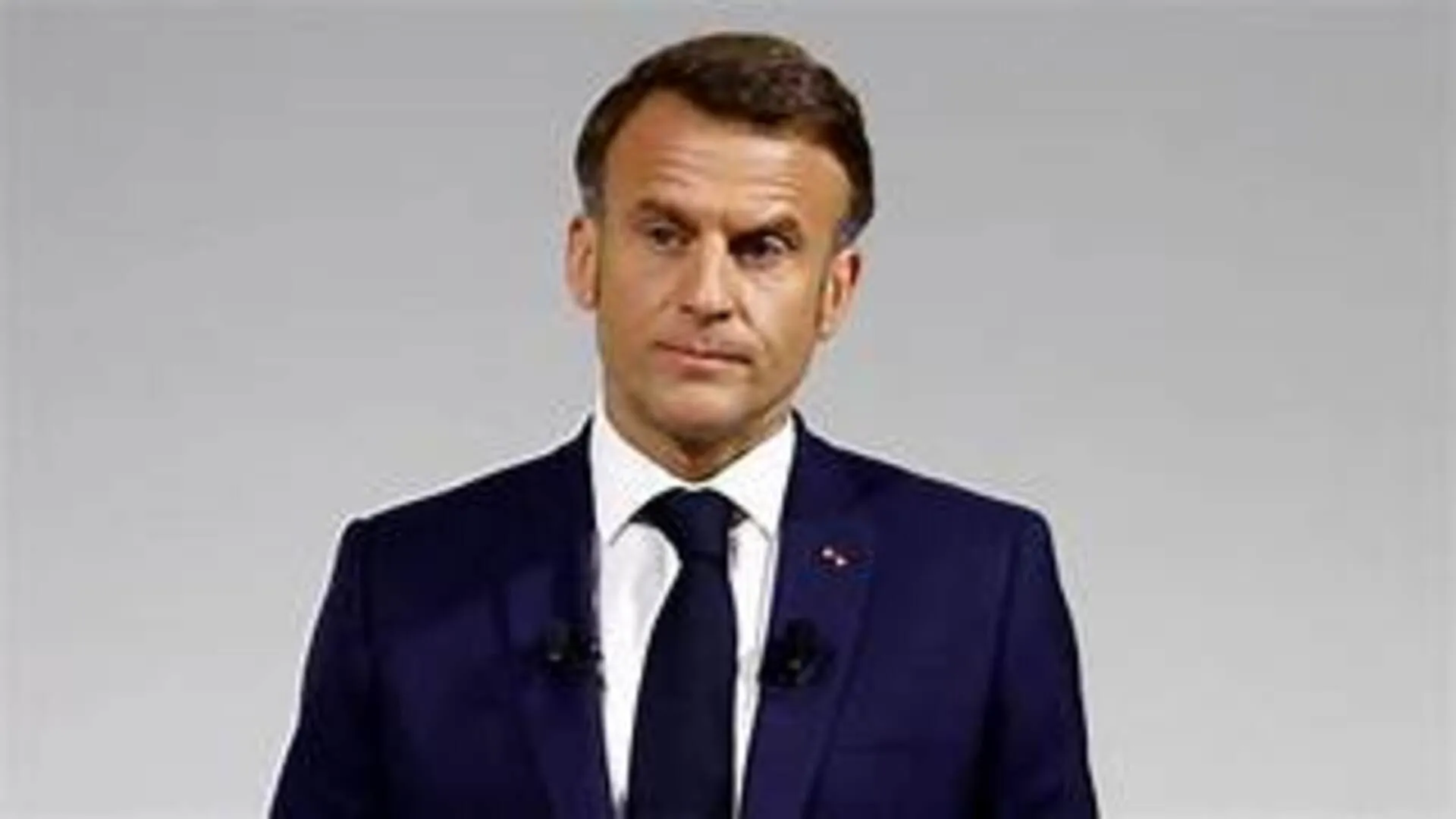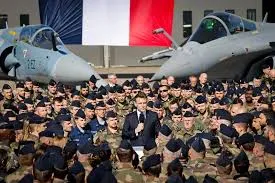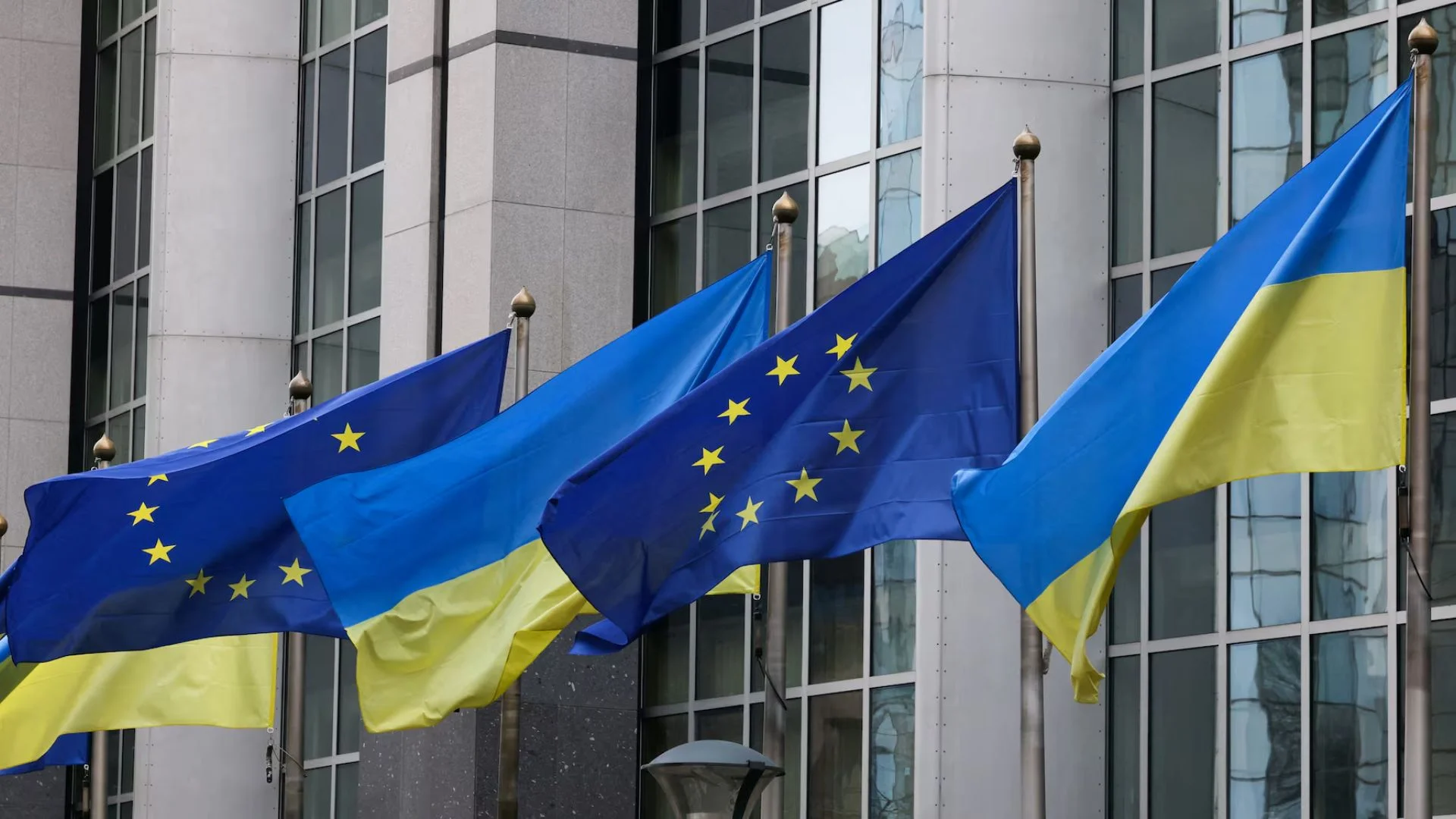In a rare moment of reflection, French President Emmanuel Macron acknowledged on Tuesday that his decision to call early parliamentary elections in June 2024 had led to greater political instability in the country. This admission came during a televised address ahead of New Year’s celebrations.
Macron had originally called for the elections to “clarify” the political situation following a poor showing by his party in the European elections. However, the move backfired as voters delivered a hung parliament, increasing the number of far-right lawmakers and weakening Macron’s power. “Lucidity and humility force me to recognise that this decision has caused more instability than peace, and I fully accept responsibility for that,” Macron stated, emphasizing that the elections had created divisions in the Assembly instead of providing solutions for the French people.
The early elections, which Macron justified as a way to resolve political deadlock, resulted in the loss of his parliamentary majority. This forced him to form a minority government, which collapsed in December, the first such failure in France since 1962. As a result, France failed to pass the 2025 budget before the year’s end, leading Macron to appoint his fourth prime minister, centrist veteran Francois Bayrou, in December.
Macron Hints at Potential Use of Referendums
In his address, Macron also indicated the possibility of using referendums in 2025, though without directly mentioning the term. He suggested that the French people could be called upon to make decisions on “decisive” issues, though he did not specify which ones. “I want us to act with 2050 in our sights. We will have choices to make, for our economy, our democracy, our security, and our children,” he said. The French constitution allows the president to initiate referendums, and Macron has previously used “citizen conventions” to address issues like the yellow vest protests.
Macron Calls for Stronger European Defense and Trade Policies
On the international front, Macron urged the European Union to stop being “naive” when it comes to trade, especially as the EU faces threats of tariffs under U.S. President-elect Donald Trump. He called for Europe to resist unfair trade rules imposed by others, stressing the need for greater self-reliance in securing its future. He also warned that Europe should no longer delegate its security to external powers, pointing to ongoing conflicts in Ukraine and the Middle East, and election interference in countries like Georgia, Romania, and Moldova, as signs that Europe’s security cannot be taken for granted. Macron called on EU partners to take more responsibility for their own defense.










